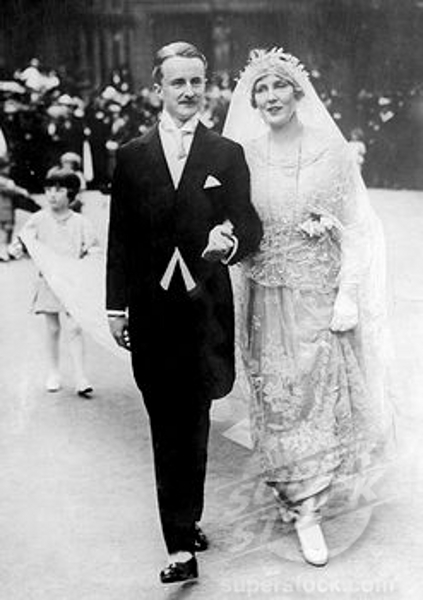One of the key themes for this year’s Bloomsbury Festival is the idea of the Ministry of Information (the government department housed in Senate House during World War II) being transformed in the modern day as a Ministry of Communication.
This is the second in a series of posts (see here for the first post) looking back to the late 1930s and early 1940s to find out a bit more.
Half-truths or inept?
Was the Ministry of Information really a place of half-truths and disinformation? On a certain level it was of course – part of its role was propaganda – but in its first few years the general public ridiculed it as a place of farce, ineptitude and inefficiency. According to Ian McLaine (who, in 1979 studied the Ministry of Information and morale on the home front):
“‘the puzzle is that during the initial two years of war this department was roundly and widely condemned for inefficiency, for comic blunders and for irritating rather than reassuring the public. How could it be that morale was sound and yet the department responsible for it so bad?”
Let’s deconstruct that a little.
In his autobiography, Duff Cooper, 1st Viscount Norwich, Conservative Party politician, diplomat and author, and most importantly briefly minister in charge of the Ministry of Information, recalled his opinion of the Ministry:
“On the day of the outbreak the vast machine came into existence and 999 officials sprang to their office chairs. The result was formidable. A monster had been created, so large, so voluminous, so amorphous, that no single man could cope with it. Within the mind of the monster there lurked as much talent, as much experience, as much imagination and brilliance, and as much devotion to duty, as could ever have been collected in any one department of state. Ex-ambassadors and retired Indian Civil Servants abounded, the brightest ornaments of the Bar were employed on minor duties, distinguished men of letters held their pens at the monster’s service, and all were prepared to work at any hour and without holiday in their enthusiasm for the cause. It was tragic to see so much ability, so much goodwill so nearly wasted.”
– Old Men Forget, p. 285
The reason for the problems, according to Duff Cooper, was the lack of ordinary Civil Servants in it, and too many “brilliant amateurs”. There was a lot of frustration because the ‘amateurs’ – those who had not previously worked directly for the Civil Service – didn’t understand the way things worked in a ministry, and thus the inner workings became chaotic and aggravating for all concerned. There were long hours involved as well:
“I seldom left my office before eight and sometimes returned afterwards, and I worked seven days a week. Many of the staff worked as long hours as I did, some longer. Few left the Ministry before seven.”
– Old Men Forget, p. 282
Part of the early problems with the Ministry was the lack of continuity in its leadership. In all three ministers replaced one another in the role over a one year period – first Lord Macmillan, then Sir John Reith in January 1940, finally Duff Cooper on 12 May 1940. Directors-general’s were also appointed and replaced with amazing speed. There was also a lack of support from other ministries and downright hostility to it which made it difficult for the ministry to operate successfully.
A place for the Ministry of Information in Britain?
In Old Men Forget, Duff Cooper notes his belief that there should be no place for a Ministry of Information in Britain. “Publicity” he argues “has assumed in our days an increased importance owing to the rapidity and diverse methods of communication. We have not yet learnt how to deal with it, but let us hope that the lessons of the last war have been taken to heart”. The question, perhaps, is have we learnt those lessons? Perhaps some answers might be forthcoming in the events held at this year’s Bloomsbury Festival.
What’s next?
Next in our series of archives posts we will turn our attention to the Ministry of Information moving into Senate House. How was this reported in the Senate minutes and what difficulties arose? We’ll be answering those questions soon. In the meantime check out our Festival Highlights post for details of events at this year’s Bloomsbury Festival.
Further Reading
Ian McLaine, Ministry of Morale: Home Front Morale and the Ministry of Information in World War II (London, 1979)
Rupert Hart-Davis, Old Men Forget: The Autobiography of Duff Cooper (Viscount Norwich) (London, 1953)
The Bloomsbury Festival runs from October 15-20, 2013. The full schedule of events at the School of Advanced Studyis available here. We are also running a series of exciting competitions in October. Follow us on @SASNews for festival news and updates.
Finding the Ministry of Communication:
Senate House, Malet Street, London


“From the archives: The Ministry of Uncertainty” in fact got me personally simply
addicted with ur web page! I personallywill probably be back again much more
frequently. Thank you -Phoebe